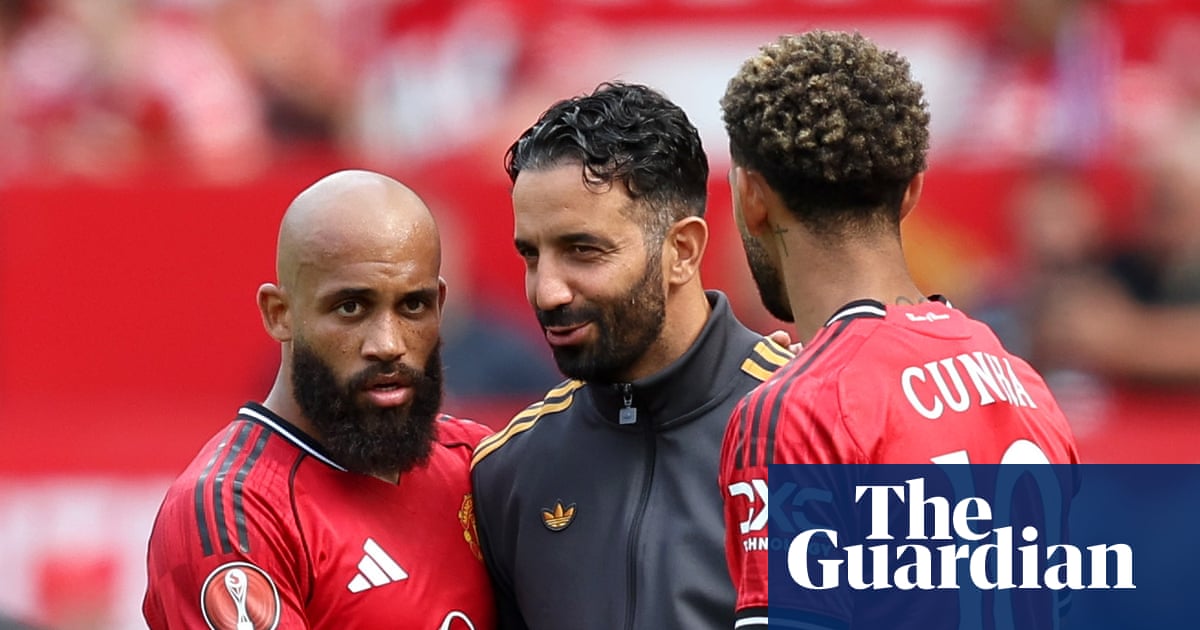
"David de Gea's departure epitomizes Manchester United's self-inflicted problems, highlighting business ineptitude that the club must rectify under Sir Jim Ratcliffe's leadership."
"By allowing De Gea's contract to run down and then spending 40 million on Andre Onana, Manchester United squandered an opportunity to capitalize on a transfer fee."
"Despite David de Gea's subpar final season, his legacy as a four-time player of the year remains significant, symbolizing the club's better times."
"Manchester United's new attacking front three has cost over 200 million, but challenges persist in recovering funds through player sales."
David de Gea's exit from Manchester United marks a nostalgic yet troubling reminder of the club's decline. The decision to let De Gea's contract expire, only to then invest heavily in Andre Onana, demonstrates poor financial and strategic decision-making. De Gea, a four-time player of the year, represents a golden era for the club. Meanwhile, the new front line has cost over 200 million, with concerns regarding their ability to sell off players like Rashford, Sancho, and Antony to recuperate funds.
Read at www.theguardian.com
Unable to calculate read time
Collection
[
|
...
]